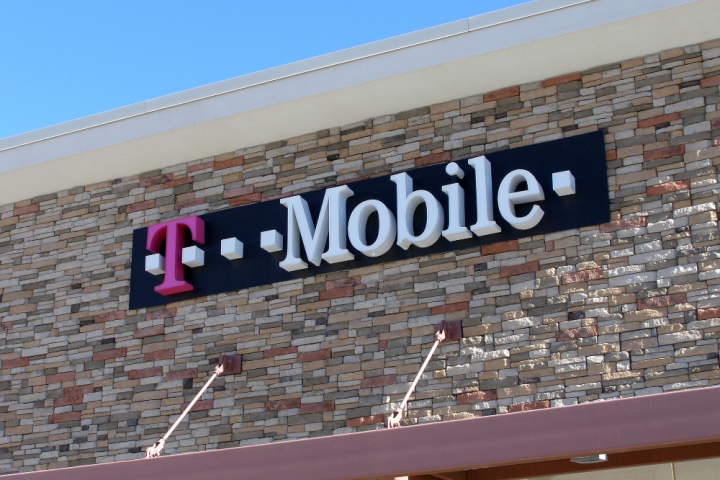
Announced on August 18, One gives customers unlimited talk, text, and 4G LTE data starting at $70 a month, with the ability to add up to an additional seven lines. There are plenty of catches in the new plan, however, such as tethering stuck at 2G speeds and potential throttling if you use over 26GB of data. And then there’s the resolution snafu.
Video quality is limited to standard definition in the One plan, a catch T-Mobile first introduced with Binge On in November. But Binge On lets you uncheck a box to unlock better quality for free; customers with the One plan who want to do so will need to pay $25 a month on top of what they pay for the plan itself.
It’s the act of paying extra just to get high-quality video streams that caught the eye of the EFF, which accuses T-Mobile’s video quality limit of going against the Federal Communications Commission’s Open Internet Order. As of February 2015, the Open Internet Order forbids broadband providers from blocking, throttling, or giving paid prioritization to legal content.
“From what we’ve read thus far, it seems like T-Mobile’s new plan to charge its customers extra to not throttle video runs directly afoul of the principle of net neutrality,” said EFF senior staff technologist Jeremy Gillula.
When contacted, an FCC spokesperson told Digital Trends that “the Commission’s informal policy review is ongoing. Chairman Wheeler said the Commission would keep an eye on new developments in this area and we are continuing to do so.”
Back in January, the EFF accused Binge On of throttling, not optimizing, speeds, since T-Mobile itself confirmed the service lowers the speed of every video connection and not just those that are zero-rated. T-Mobile CEO John Legere defended Binge On, arguing that “mobile customers don’t want or need full, heavy, giant video data files.”
According to FCC chairman Tom Wheeler, Binge On does not go against the government agency’s net neutrality rules. However, now that T-Mobile’s One plan requires customers to pay extra for higher quality video, the FCC may need to step in and take a look.
Editors' Recommendations
- T-Mobile still has the fastest 5G, but its rivals are catching up
- T-Mobile’s newest plans are exciting for new (and old) customers
- AT&T just made its FirstNet plans a lot more helpful for first responders
- Your T-Mobile plan now has bigger gas discounts and international 5G
- Miss unlimited Google Photos storage? T-Mobile has a deal for you


